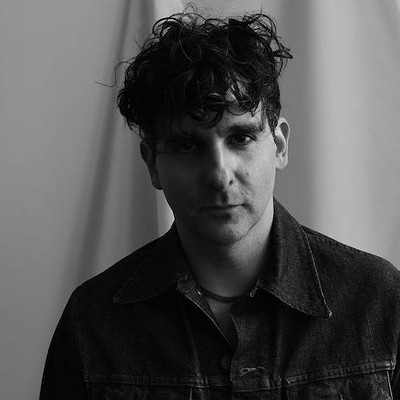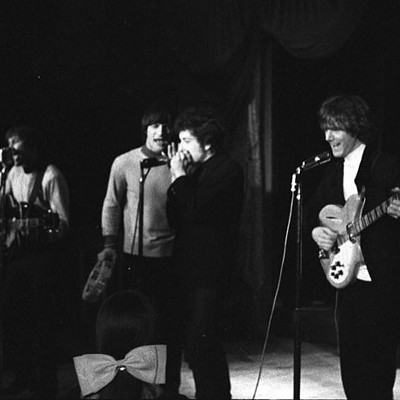Two weeks after trying to kill himself, Daren Napier went to training camp.
He had recently graduated from St. John's School, a prestigious, mostly white Houston private school nestled in River Oaks. He was going to play football for Columbia University. But before he was set to leave for college and summer training in New York, he took a month's supply of his ADHD medication -- 2700 mg.
"I went [to school] straight out of the psych ward," Napier says. "The first time I talked to my coach was fresh out of the hospital."
He'd end up quitting college football after playing for a month, and would have to leave the school for the following three semesters.
You could say his suicide attempt was the beginning of a downward spiral, but it would be ignoring much of the rest of Napier's experiences, such as toxic high school relationships with girls and subtle racial stereotypes sewed into the fabric of the life he lived. It would be ignoring the eventual death of a best friend.
Rather than ignore any of it any longer, Napier, a local rapper who goes by the name King of Nothing, pieced it together. His recently released mixtape, Ashli Orion, is a depiction of the sentiments that arise in transitioning from childhood to adulthood. It's about what he calls "undoubtedly the hardest time in my life."
King of Nothing was born in tragedy.
Nick Nañez, who produced Ashli Orion, says in an email that he and Napier wanted a mixtape filled with "detached yet full and enveloping sounds" with "a more late-'90s Southern feel, in the vein of DJ Screw." They got it.
"Zion (Strictly For My F.A.D.E.S)" is like four songs rolled into one -- an eight-minute, ultra-aggressive verbal barrage with a verse in Spanish. According to Nañez, some beats in Ashli Orion have more than 80 tracks mixed in, allowing songs like "Faye Dunaway (The Bait)" and "Wishing Well" to give off the sense that Napier is "alone in the center while reflecting on his life."
It has been a miserable life at times.
Napier struggled with his racial identity ever since he enrolled at St. John's during middle school. In "Patience (Jesus Wasn't White)," he recalls arriving at a school "where I looked like the lunch lady and not the principal." He's uncomfortable with racial stereotypes and how he does and doesn't fit into them.
"It's hard to be the one black kid from the environment that was mostly white people and be a rapper," he says. "But still not want that from myself -- to try to break those stereotypes. I'm in a weird situation. I'll forever be the tremendously imposing black guy with the newest edition of Cosmo and all the ingredients to make a cake in the checkout line at the grocery store."
When Napier left St. John's for Columbia, he continued to be depressed. By the end of the semester, he was drinking every day and had substance abuse issues. The prestigious university in New York felt like "purgatory" to him.
"It reeked of temporary," he says. "There was this inherent sense of, 'Nigga you're not going to be here next semester.'"
He was right. He finished the semester and had to choose between medical leave or suspension. He picked medical leave because it would look better on his transcript. Half a year later, near the end of Napier's first semester away from school, his friend Ali Mirza would die from a seizure.
Nañez went to college with Mirza in California, and was the person who broke the news to Napier.
"I was hoping [he] could find the words, as he always does," Nañez says. "Daren couldn't say a thing."
Story continues on the next page.





